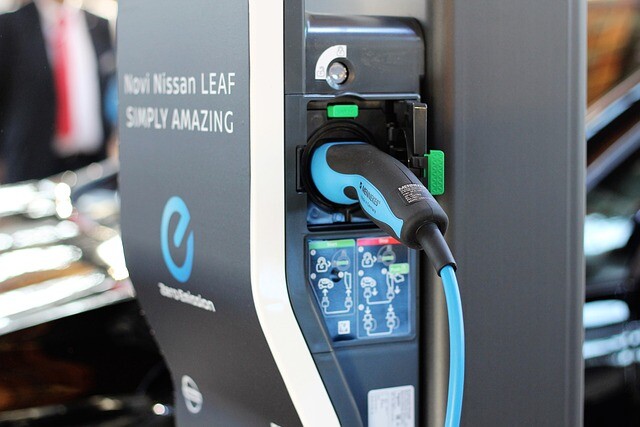Continental intends to use 100% sustainably produced materials in its tire products by 2050 at the latest.
Plastic rubber?
Continental has developed a technology that allows recycled PET bottles to be used in tire manufacturing. Organic tires may be in production next year.

The technology to support the use of recycled polyester from recycled plastic bottles has been developed by Continental and its partner, Otiz of China, which has extensive experience in fabric fiber production. What makes the process revolutionary is that the previously required intermediate chemical steps are omitted during recycling, so that the polyester yarn meets the high mechanical requirements common in tire manufacturing.
Polyethylene terephthalate fibers, which can be used in the carcass of tires, can be used in production as early as 2022; the prototype of the final product will be unveiled by Continental at this year’s Munich Motor Show.
During the process, the bottles are first sorted, the caps are removed, and the plastic is mechanically cleaned. After mechanical comminution, they are melted and then granulated, followed by solid-phase polymerization and a modified centrifugation process, writes Continental.
Laboratory and tire tests from the tire manufacturer have shown that the secondary raw material fibers perform just as well as the fibers used so far. Their quality and stability are the same as those of virgin PET, and their tensile strength, toughness and thermal stability make them particularly suitable for use in the construction of tires.
Conventional PET has long been used as a raw material in car tire manufacturing because it is able to retain its shape even under high loads and temperatures, thus providing continuous safety regardless of driving speed. The use of recycled PET saves valuable resources in tire manufacturing: today, a conventional car tire contains about 400 grams of polyester yarn. This means that in the future, more than 60 recycled PET bottles could be used to make a complete set of tires.
(Source: vezess.hu / photo: pixabay.com)




















